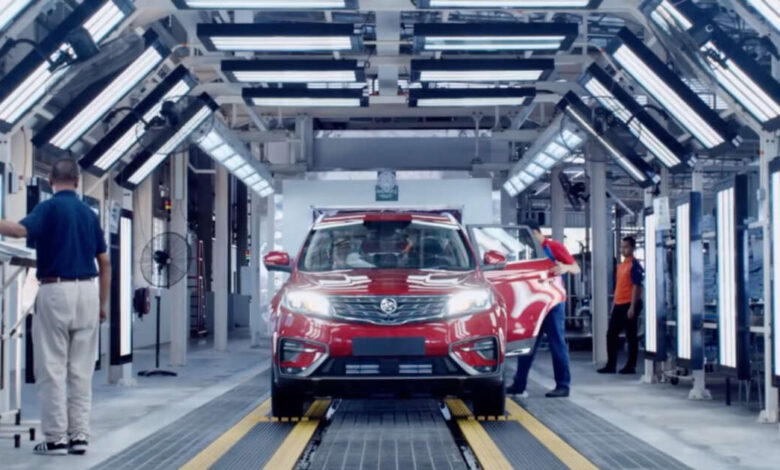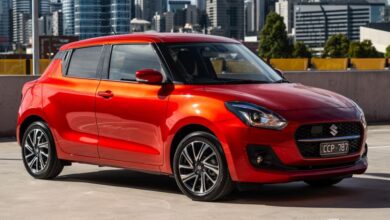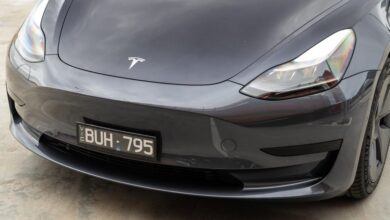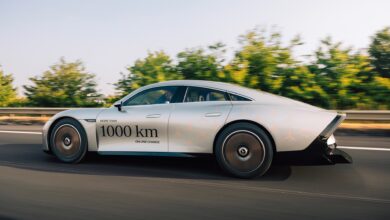Proton Tanjung Malim shows off its quality control process in production of X50, X70, X90 SUV models

At present, the Proton plant in Tanjung Malim is the birthplace of national carmaker’s recent models such as the X50, X70 and X90 lines of SUVs, whereas production of the Proton Saga remains at the older plant in Hicom Shah Alam.
With modern vehicles packing current technology, modern manufacturing techniques are required. Here, Proton has produced a video that offers a glimpse into some of the technology that goes into the manufacture of a modern Proton model, which it has released on its Facebook page.
Manufacture of a vehicle at the Proton Tanjung Malim plant begins with the stamping process for the main shell and body parts. This is where the largest mechanical press in Malaysia is located, claims Proton, and which is capable of stamping pressures of up to 2,500 tonnes. This is assisted by seven nimble robots for the movement of metal panels with millimetric precision for an automation level of 83%.
Several quality inspection gateways follow, where tolerances are capped to within 21 microns, thus maintaining the highest standards of quality during the production process. The assembled components continue on their journey to the body welding shop.
At the body welding shop, a host of robotic machines are employed, such as robotic inspection arms, automatic servo turntable and an adaptive spot welding system with a centreline servo gun to yield a 99.8% qualified welding strength rate.
The machinery ensures that the vehicles’ bodies are assembled to flawless perfection, claims Proton. This is however backed up by measurement tests which are conducted periodically, using a fully automatic 3D coordinate measuring machine capable of precision down to 0.05 mm. This will enable the three-dimensional measuring of an entire vehicle body in just 4.5 hours, says Proton.
Through the painting stages, a human team of paint quality inspectors use advanced measuring tools to examine each coat of paint to ensure perfection in paint thickness, glossiness, hardness, adhesion, roughness, levelling and colour accuracy.
Further along the assembly line where the mechanical parts are installed into the vehicle bodies, extensive quality inspections are carried out through 11 ‘quality gates’, to ensure quality and accuracy is maintained while any defects are rectified before the vehicles advance to the next stages.
Next, the automated manufacturing line control system seamlessly merges vehicle tracking and parts management for top-tier assembly efficiency and quality, while automated torque management covers 90% of screw tightening tasks for precise screw fastening and to minimise errors. Automated guide vehicles (AGVs) help achieve superior productivity and quality.
After assembly, operators will use multi-function testers to conduct diagnostic tests of systems functions, where system data is displayed in real time.
When the vehicles are ready to be rolled out, they are then taken to the test course where real-world driving conditions are replicated. This is to guarantee that each Proton manufactured delivers on its performance, safety and longevity standards.
Before leaving the assembly area, each vehicle undergoes a shower test to evaluate the water tightness of its panels and seals. Collectively with other rigorous inspection processes, this is to ensure that each Proton is fully prepared for delivery to dealerships and ultimately, the customers.
Looking to sell your car? Sell it with myTukar.















